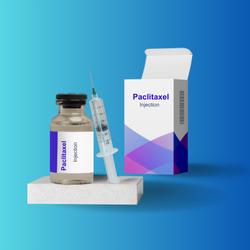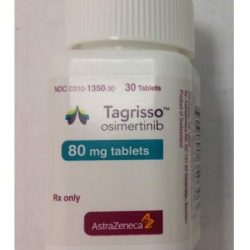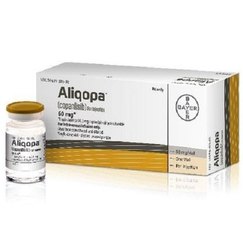Description
Uses of Quinidine Sulfate:
Quinidine sulfate falls under the group of medication named antiarrhythmics. It is prescribed for the treatment and prevention of irregular heart rate. This medication can also be used in order to treat malaria.
Dosage: The quinidine sulfate tablets should be taken as you have been instructed by your doctor or other health care provider. This medication should be taken on an empty stomach, but taking it with food may help decrease stomach upset.
Quinidine tablets should be taken whole even without crushing or chewing.
Treatment Reactions: The most commonly reported quinidine sulfate side effects may include:
- Vasodilation
- Headache
- Sweating
- Hearing impairment
- Tinnitus
- Nausea
- Blurred vision
- Dizziness
- Abdominal pain
- Diarrhea
- Deafness
- Blindness
- Disturbances in cardiac rhythm
Warnings and Precautions:
- Thrombocytopenia, TTP, and ITP have been reported in some cases.
- The quinidine sulphate 200mg is not recommended for the treatment of patients suffering from nocturnal leg cramps.
- Avoid regular use of drugs as it can cause QT prolongation and ventricular arrhythmias.
- Do not use this drug with rifampin. It can react with the medication and can cause severe damage to the body.
- Do not use quinidine sulfate 300 mg together with neuromuscular blocking agents.
- Some signs of hypoglycemia, life-threatening severe hypersensitivity reactions may occur while taking it.
- A paradoxical increase in ventricular rate may be reported.
- Do not eat grapefruit or drink grapefruit juice while on this drug unless your healthcare practitioner instructs you otherwise.
- Quinidine may be responsible for passing breast milk and may cause serious effects in a child who is breastfed. So avoid breastfeeding while taking this drug.





